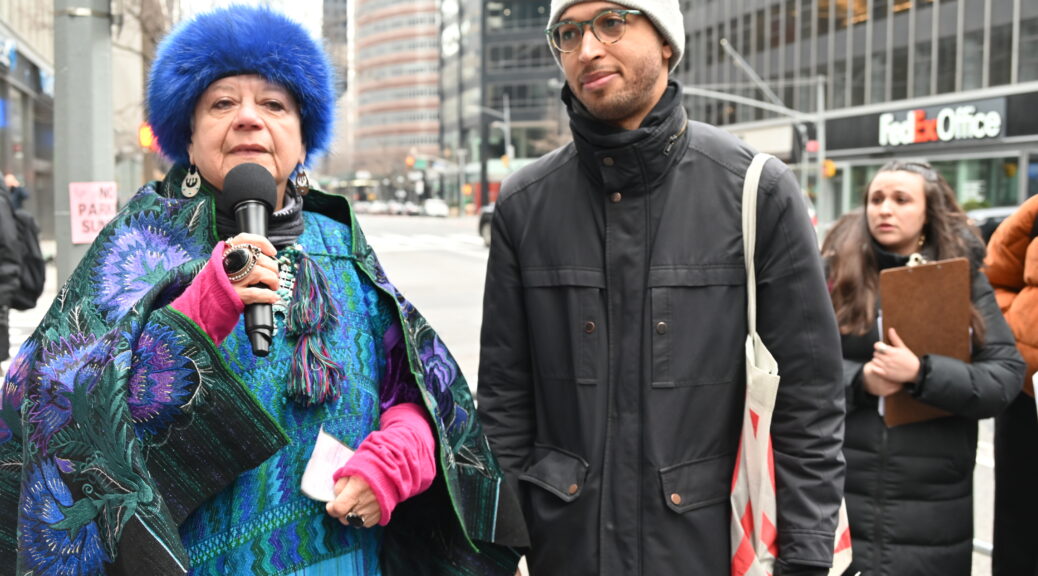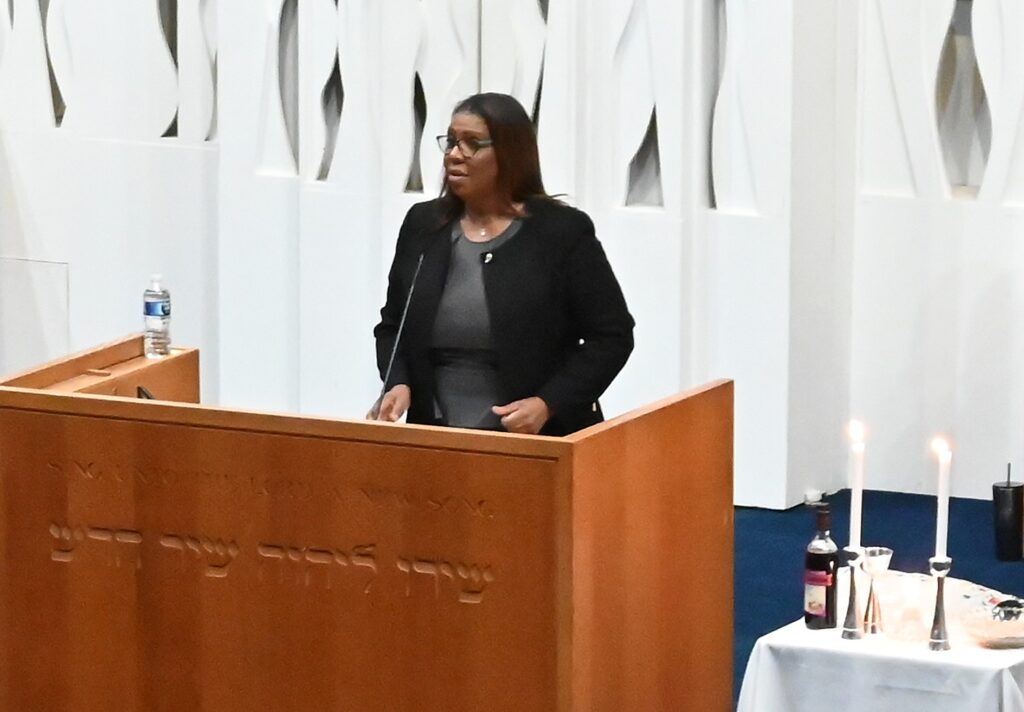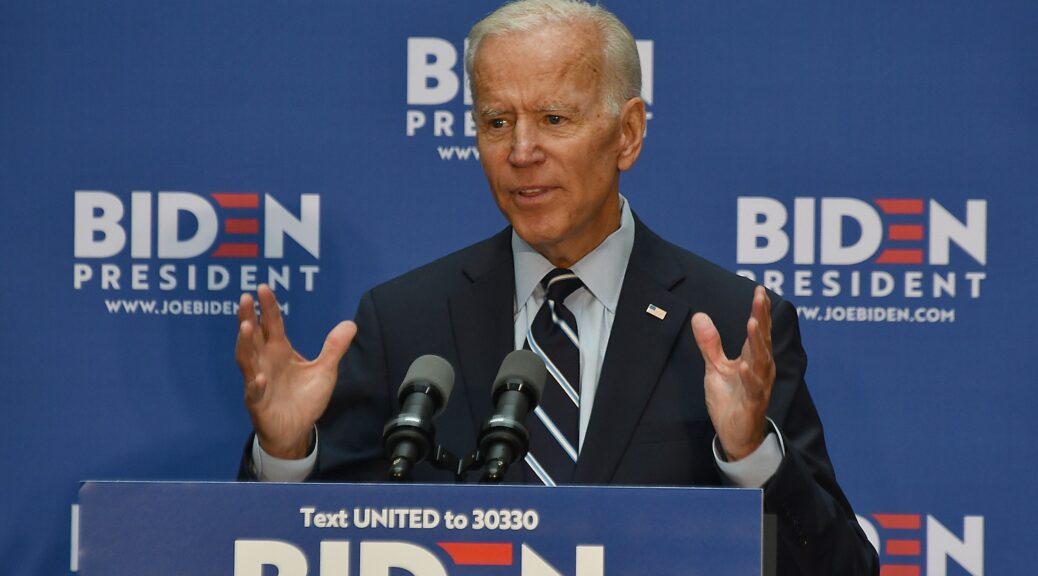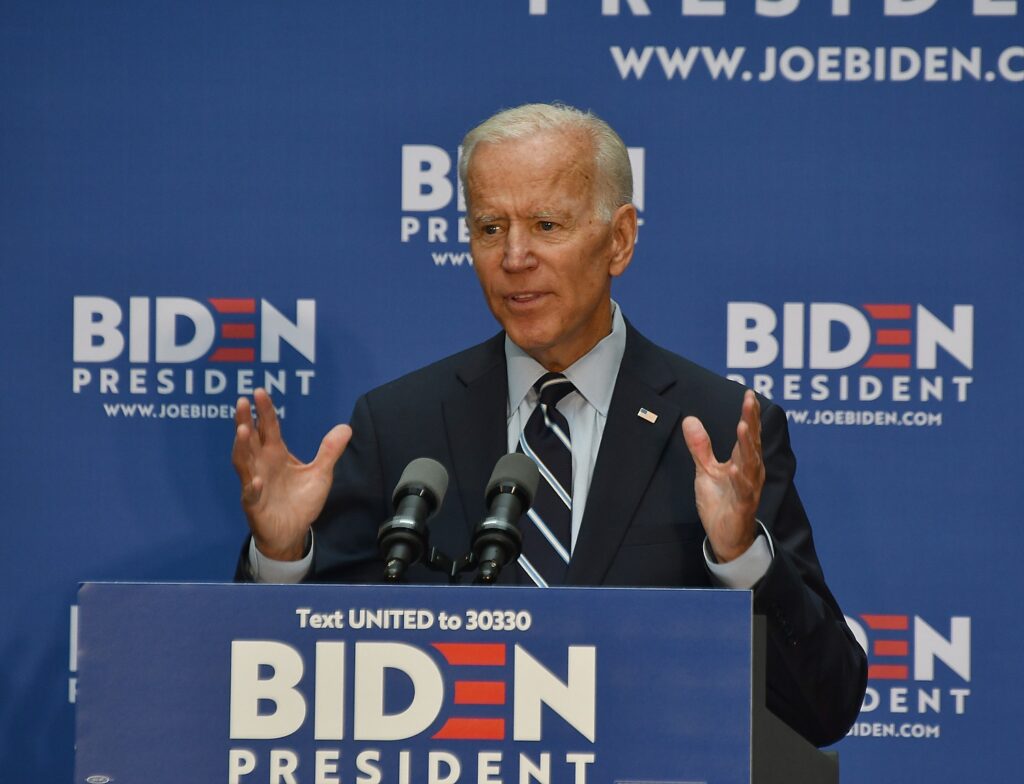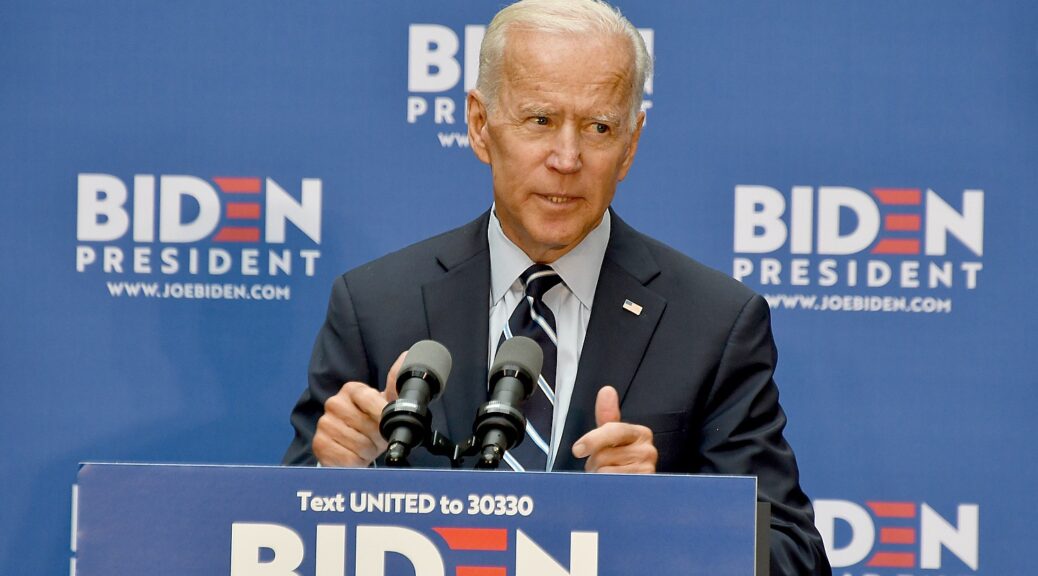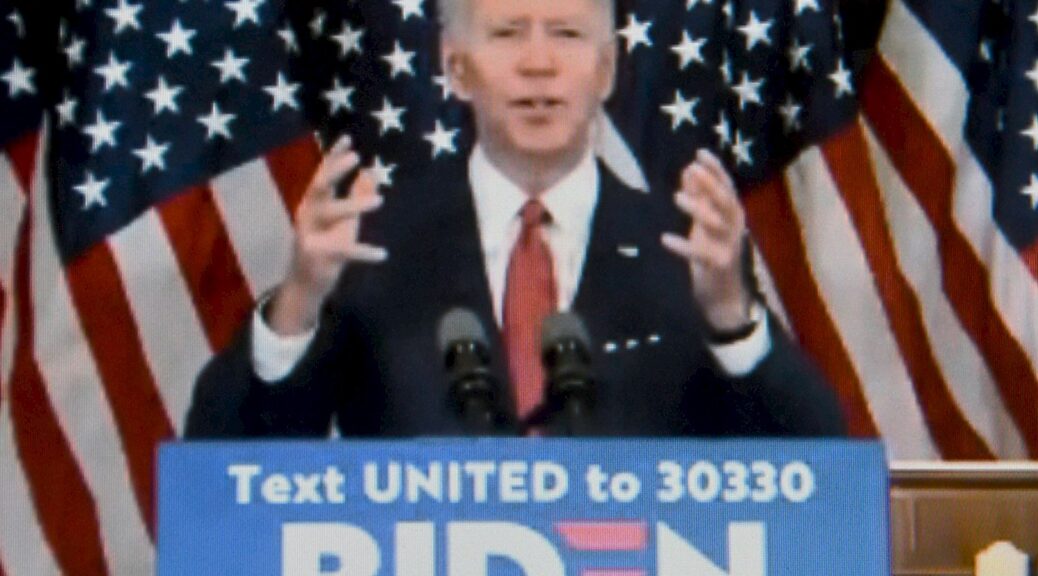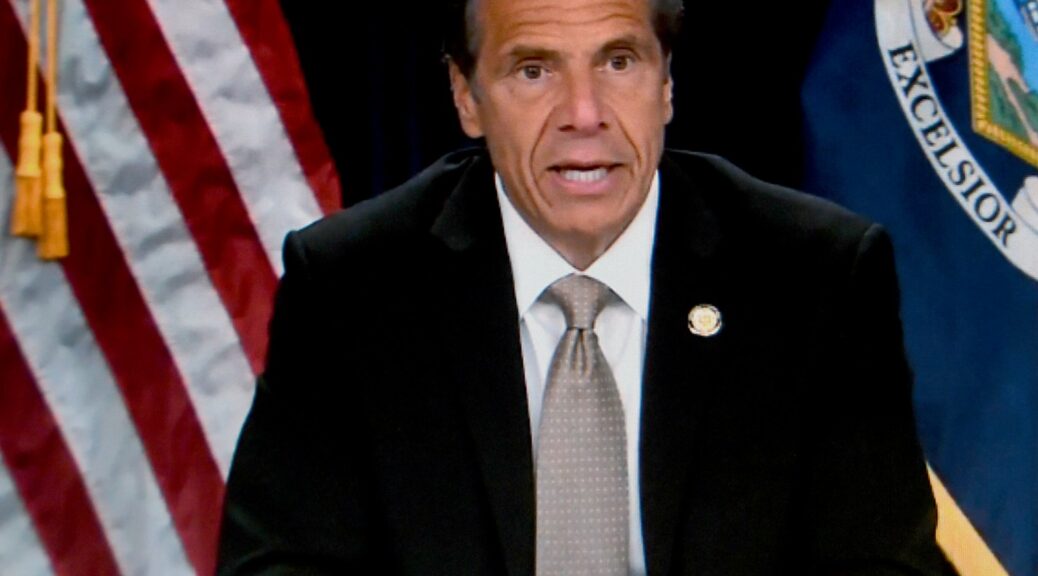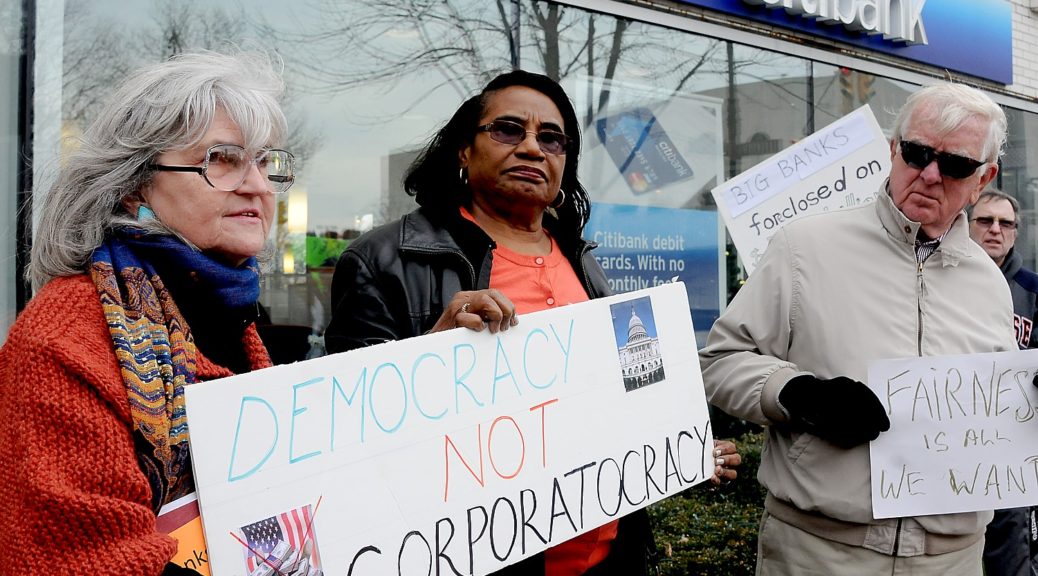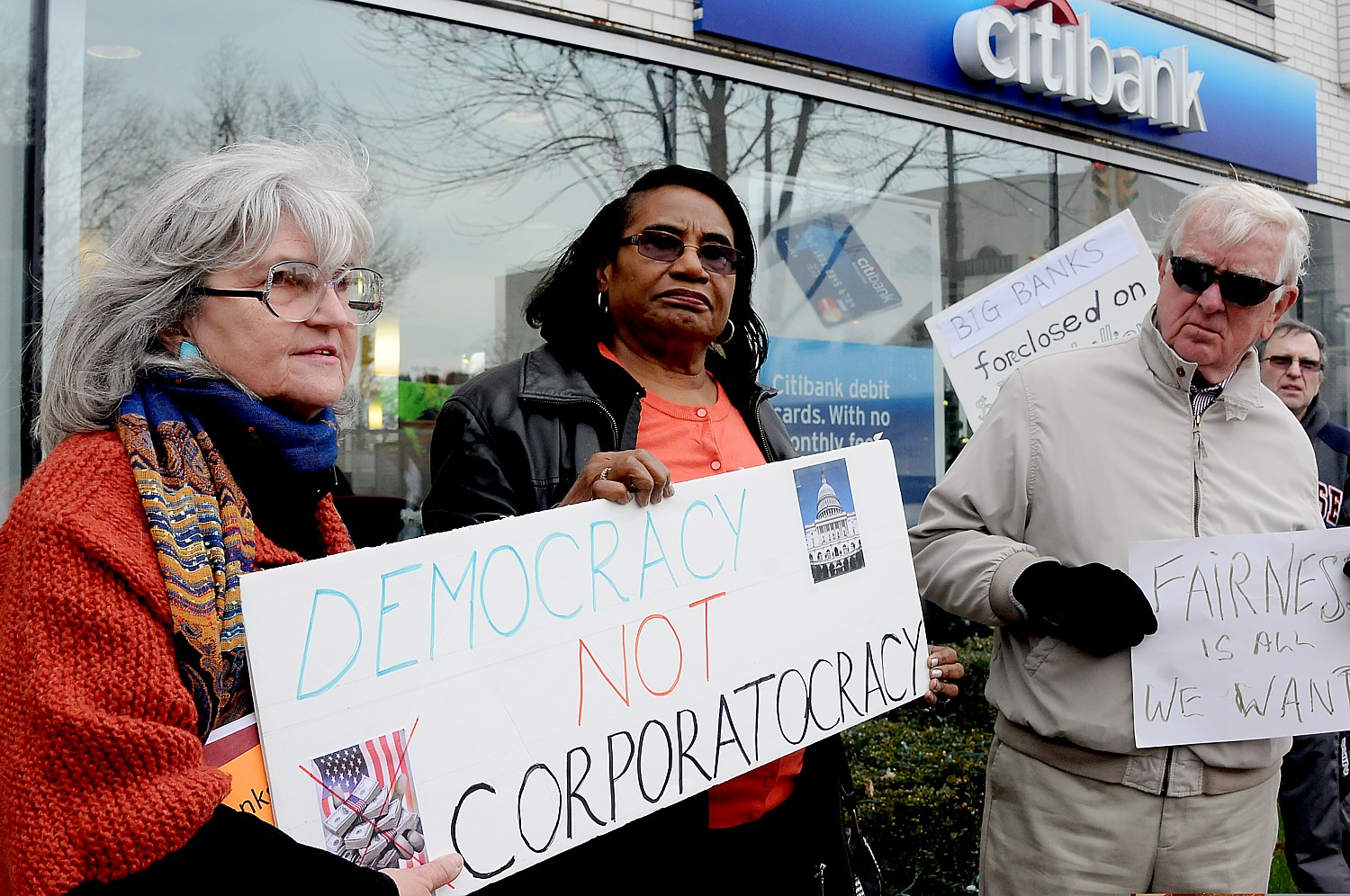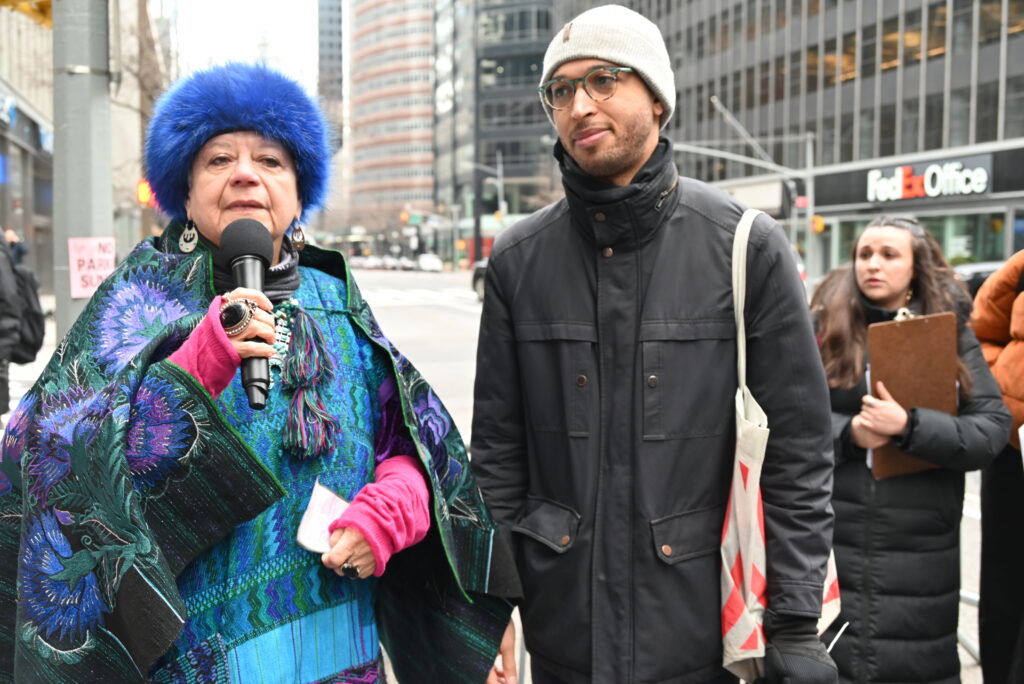
On his first day in office, President Biden signed Executive Order 13985, Advancing Racial Equity and Support for Underserved Communities Through the Federal Government. That Order emphasized the enormous human costs of systemic racism and persistent poverty, and provided a powerful and unprecedented mandate for all federal agencies to launch a whole-of-government approach to equity. Over the past two years, agencies have taken historic steps toward ensuring that federal programs are serving the American people in an equitable and just manner and supporting communities that have been locked out of opportunity. Through the implementation of landmark legislation and historic executive action, the Biden-Harris Administration is working to make real the promise of America for everyone—including rural communities, communities of color, Tribal communities, LGBTQI+ individuals, people with disabilities, women and girls, and communities impacted by persistent poverty.
Despite the meaningful progress that the Biden-Harris Administration has made, the reality is that underserved communities—many of whom have endured generations of discrimination and disinvestment—still confront unacceptable barriers to equal opportunity and the American Dream. It is imperative that we reject the narrow, cramped view of American opportunity as a zero-sum game. When any segment of society is denied the full promise of America, our entire Nation is held back. But when we lift each other up, we are all lifted up. As the President has said: “Advancing equity is not a one-year project. It’s a generational commitment.”
To strengthen the federal government’s ability to address the barriers that underserved communities continue to face, President Biden signed a new Executive Order, Further Advancing Racial Equity and Support for Underserved Communities Through the Federal Government. This second Order reaffirms the Administration’s commitment to deliver equity and build an America in which all can participate, prosper, and reach their full potential.
The Executive Order:
- Launches a new annual process to strengthen racial equity and support for underserved communities. Building on the initial Equity Action Plans developed under Executive Order 13985, this Executive Order directs agencies to produce an annual public Equity Action Plan that will assess and include actions to address the barriers underserved communities may face in accessing and benefitting from the agency’s policies, programs, and activities.
- Empowers Federal equity leaders. The Executive Order strengthens requirements for agencies to build and resource Agency Equity Teams and designate senior leaders accountable for implementing the President’s equity mandate. In line with the President’s commitment to advancing gender equity and equality at home and abroad and the President’s commitment to advancing environmental justice, equality for LGBTQI+ individuals, and other equity work streams, this Executive Order fosters greater collaboration and accountability, and streamlines agencies’ reporting of progress and planning in order to advance equity in support of all those who face overlapping discrimination and bias.
- Strengthens community partnerships and engagement. Too often, underserved communities face significant hurdles and a legacy of exclusion in engaging with federal agencies and providing input on the very federal policies and programs that impact them. The Executive Order requires agencies to improve the quality, frequency, and accessibility of their community engagement, and to consult with impacted communities as each agency develops its Equity Action Plan, funding opportunities, budget proposals, and regulations.
- Invests in underserved communities. The Executive Order directs the Office of Management and Budget to support implementation of the annual agency Equity Action Plans through the President’s budget request to Congress. The Executive Order also formalizes the President’s goal of increasing the share of federal contracting dollars awarded to small disadvantaged business (SDBs) by 50 percent by 2025, and instructs agencies to expand procurement opportunities for small disadvantaged businesses through grants from the Bipartisan Infrastructure Law, Inflation Reduction Act, and other investments and programs that flow through states and local entities.
- Improves economic opportunity in rural and urban communities. The Executive Order directs agencies to spur economic growth in rural areas and advance more equitable urban development by ensuring that federal resources contribute to building wealth and opportunity in these communities through locally-led development.
- Addresses emerging civil rights risks. The Executive Order instructs agencies to focus their civil rights authorities and offices on emerging threats, such as algorithmic discrimination in automated technology; improve accessibility for people with disabilities; improve language access services; and consider opportunities to bolster the capacity of their civil rights offices. It further directs agencies to ensure that their own use of artificial intelligence and automated systems also advances equity.
- Promotes data equity and transparency. The Interagency Working Group on Equitable Data created by the day one Executive Order has been institutionalized at the National Science and Technology Council. This Executive Order directs the body to facilitate better collection, analysis, and use of demographic data to advance equity, and to regularly report on progress to the White House and the American public.
Since the release of their Equity Action Plans in April 2022, federal agencies continue to take ambitious action to expand federal investment in and support for underserved communities. For instance, the following are some recent actions to advance equity:
- The Department of Agriculture is administering $3.1 billion in Inflation Reduction Act funding to distressed USDA farm loan borrowers and is expediting assistance for those whose agricultural operations are at financial risk. The Department will also provide $2.2 billion in assistance to farmers who have experienced discrimination in USDA’s farm lending programs.
- The Department of Housing and Urban Development is administering $2.8 billion in competitive funding to homeless services organizations across the country for wrap-around services and housing programs for people experiencing homelessness. To combat the long history of discrimination in housing, the Department has proposed a new “Affirmatively Furthering Fair Housing” rule to help overcome patterns of segregation and to hold state, localities, and public housing agencies that receive federal funds accountable for ensuring that underserved communities have equitable access to affordable housing opportunities.
- The Department of Transportation issued proposed rules to modernize the Disadvantaged Business Enterprise and Airport Concession Disadvantaged Business Enterprise program regulations to help further level the playing field for small disadvantaged businesses, including Black and brown owned businesses. The Department also adopted a set of Disability Policy Priorities to guide efforts to ensure people with disabilities can move freely, fairly, safely, affordably, and spontaneously through every part of our transportation system and released the Airline Passengers with Disabilities Bill of Rights to empower travelers to understand their rights and help the travel industry uphold those rights.
- The Department of the Treasury established the Treasury Advisory Committee on Racial Equity to provide information, advice, and recommendations to the Department on matters related to the advancement of racial equity, particularly aspects of the domestic economy that have directly and indirectly resulted in unfavorable conditions for communities of color. The Committee is addressing topics like financial inclusion, access to capital, housing stability, federal supplier diversity, and economic development. The agency also created a new Office of Tribal and Native Affairs to work across its portfolio on issues related to Tribal nations, and intends to work with Congress to ensure this office is adequately resourced to carry out its mission.
- The National Aeronautics and Space Administration launched a Science Mission Directorate Bridge Program to foster partnerships between the agency and Historically Black Colleges and Universities (HBCUs), Minority-Serving Institutions (MSIs), Tribal Colleges and Universities (TCUs), community colleges, and very high research-intensive universities. The program focuses on providing students with paid research and engineering opportunities to support the transition of undergraduate students into graduate programs and/or employment with NASA and in the broader science and engineering fields; it supports capacity-building efforts at partner institutions that are historically under-resourced in the NASA research and engineering enterprise.
- The Department of State and the U.S. Agency for International Development released the 2022 U.S. Strategy to Prevent and Respond to Gender-Based Violence Globally, directing U.S. foreign policy and assistance to address the factors that increase the risks of gender-based violence and undermine access to services and safety, particularly for the most marginalized groups, and enhance the U.S. Government’s partnerships to prevent and respond to gender-based violence.
- The Department of Veterans Affairs is engaging in robust outreach to veterans, including those who are not already in the VA system, particularly veterans in underserved communities, to ensure that they receive information on potential eligibility through the PACT Act, the largest expansion of veteran health care and benefits in decades. In addition to having hosted more than 125 PACT Act ‘Week of Action’ events across the country and Puerto Rico, VA is developing a National Rural Recruitment and Hiring Plan for health care professionals to better reach under-resourced communities; exploring efforts to increase the workforce in rural and underserved areas to provide PACT Act benefits; and spearheading targeted social media outreach and events to foster awareness of PACT Act benefits among women and minority veterans.
- The Department of Defense awarded $27 million to HBCUs to conduct research in defense critical technology areas, including artificial intelligence, machine learning, cyber security, and autonomy. This investment will enhance the capacity of the HBCUs to participate more fully in the Department’s research programs and activities, while also elevating their own research rankings among other universities and improving potential access to federal research funding, philanthropic donations, and other funding sources. Additionally, the Department selected Howard University as the first HBCU to lead a University Affiliated Research Center with a five-year $90 million contract.
- The Department of the Interior announced $2.7 million in funding to support Tribes’ planning activities for the installation or expansion of broadband internet, which will improve the quality of life, spur economic development and commercial activity, create opportunities for self-employment, enhance educational resources and remote learning opportunities, and meet emergency and law enforcement needs in Native American communities.
- The Council on Environmental Quality and Office of Management and Budget are coordinating the Justice40 Initiative, which is transforming hundreds of federal programs to deliver 40 percent of the overall benefits of climate, clean energy, affordable and sustainable housing, clean water, and other federal investments to disadvantaged communities. The Climate and Economic Justice Screening Tool measures burdens such as legacy pollution and projected climate risk to identify 27,251 geographically-defined disadvantaged communities across the U.S. that can benefit from the Justice40 Initiative.
- The President took bold action to address our failed approach to marijuana. The criminalization of marijuana possession has upended too many lives—for conduct that is now legal in many states. While white, Black, and brown people use marijuana at similar rates, Black and brown people are disproportionately arrested, prosecuted and convicted for it. In October 2022, the President announced a full, unconditional, and categorical pardon for prior federal and D.C. offenses of simple possession of marijuana. This pardon lifts barriers to housing, employment, and educational opportunities for thousands of people with those prior convictions. The President also called on every state governor to follow his lead, as most marijuana prosecutions take place at the state and local level. And because this Administration is guided by science and evidence, he called on the Department of Health and Human Services and the Department of Justice to expeditiously review how marijuana is scheduled under federal law.
- The White House Office of Science and Technology Policy also released the first-ever federal Evidence Agenda on LGBTQI+ Equity, a roadmap that federal agencies will use to ensure they are collecting the data and building the evidence they need to improve the lives of LGBTQI+ Americans.
- The White House hosted the second Tribal Nations Summit of this Administration to help foster Nation-to-Nation relationships and provide Tribal leaders with an opportunity to engage directly with senior Administration officials. The President signed a new Presidential Memorandum on Uniform Standards for Tribal Consultation, establishing uniform standards to be implemented across all federal agencies regarding how Tribal consultations are conducted. In the FY23 omnibus funding law, the Administration also secured—for the first time in history— advance appropriations for the Indian Health Service, which will ensure a more predictable funding stream and improve health outcomes across Indian Country.
To read more about additional steps agencies have taken and details on the Biden-Harris Administration’s efforts to advance equity and justice for underserved communities, visit www.whitehouse.gov/equity. Find all agency 2022 Equity Action Plans and links to other equity-related public documents at www.performance.gov/equity.

